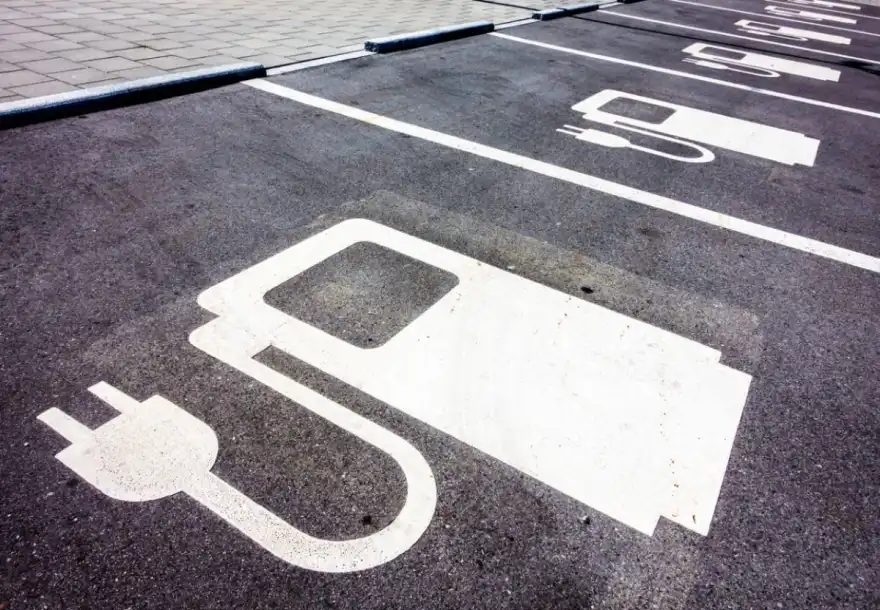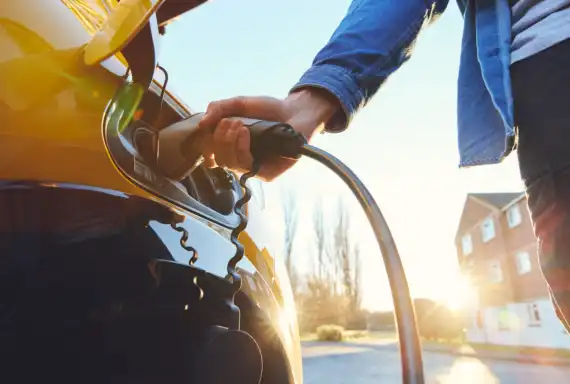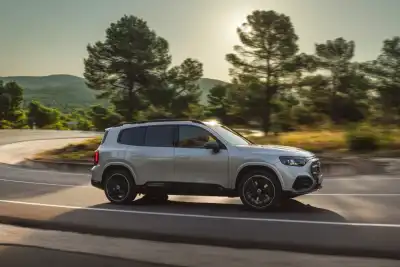
Research has shown drivers using rapid or ultra-rapid public chargers only means they’re almost paying the same per mile to fuel their car as those that use petrol.
Electric car owners who don’t have their own private driveway will often rely on rapid or ultra-rapid public chargers that cost around 18p per mile for electricity – that’s a whopping 42% increase in just four months according to the RAC.
Owners of petrol cars pay around 19p per mile for their fuel whereas it costs around 21p per mile for diesel.
The rise has been blamed on the soaring wholesale costs of gas and electricity.
However, charging an electric car at home, particularly if you can do so during off peak hours, can lead to substantial savings.

Today’s figures (26th Sept 2022) show that to fully charge a 58kWh Volkswagen ID.3 on a Octopus’ ‘7.5p Go’ tariff would cost just £4.35. To fully charge at an ultra-rapid charging point would cost around £32.48.
This means that if a driver did 10k miles a year with a range of 210 miles per charge (which is a real world average) this works out at 48 full charges a year.
Charging 48 times on Octopus’ 7.5p Go tariff would cost £208.80 based on today’s prices. If you didn’t have access to a driveway, 48 charges at an ultra rapid charge rate of 56p would cost a whopping £1,559.04.
RAC spokesman Simon Williams said: "It remains the case that charging away from home costs less than refuelling a petrol or diesel car, but these figures show that the gap is narrowing as a result of the enormous increases in the cost of electricity.
"These figures very clearly show that it's drivers who use public rapid and ultra-rapid chargers the most who are being hit the hardest."




